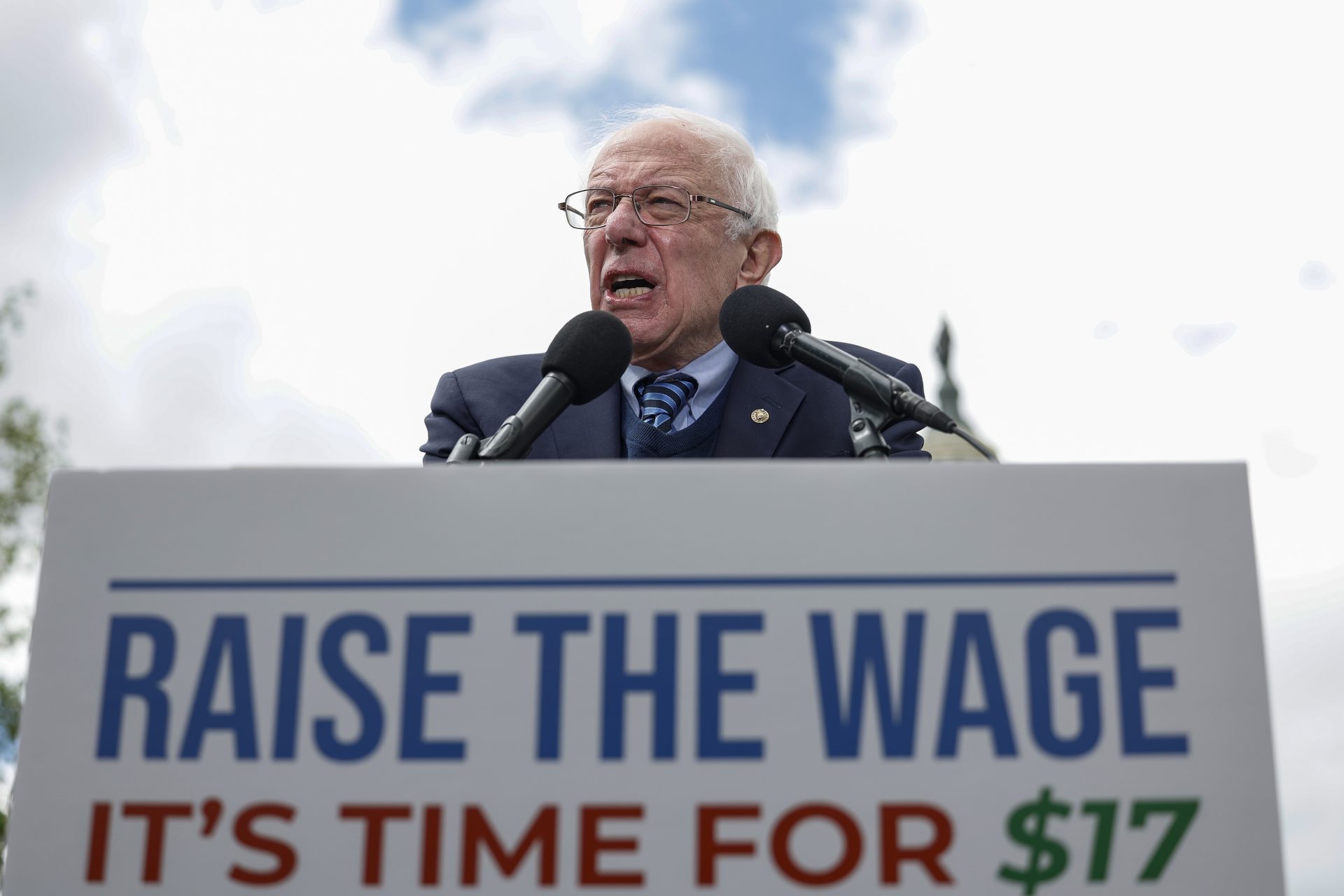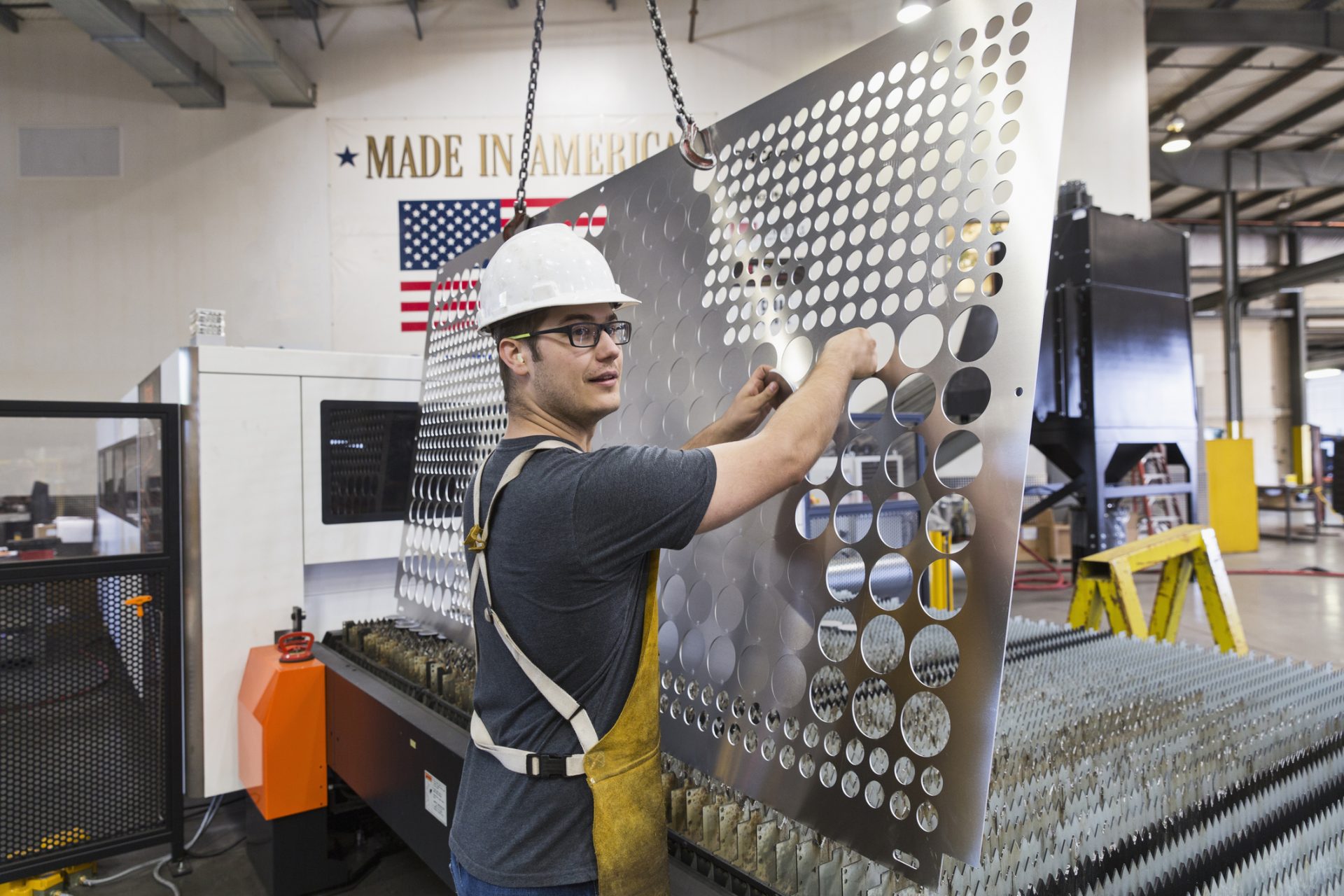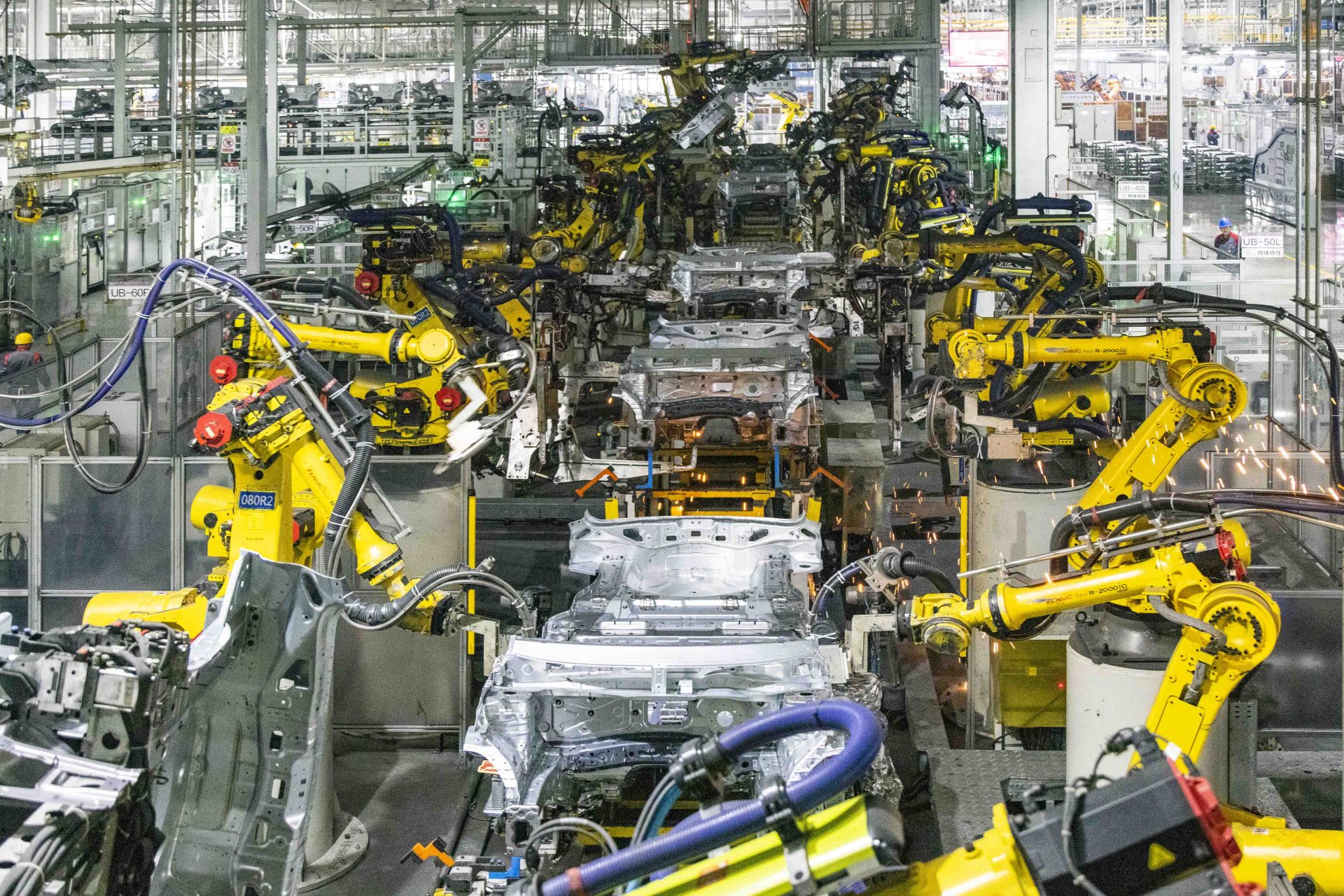Why does Bernie Sanders want America to shorten its workweek?
The United States is one of the wealthiest countries in the world, but only one class is preparing all the benefits according to Bernie Sanders. In April 2024, the popular Vermont Senator wrote an article for CNN about why he thought the U.S. needed to switch to a 32-hour workweek.
The wealthiest individuals in America have never had life so good. At least that is what Bernie Sanders claimed in an April 3rd opinion piece and many of Sanders' arguments made a lot of sense. Here are the highlights from his CNN article.
Wealth inequality and income inequality in the United States have soared and Sanders quoted research reported from LendingCLub that found as much as 60% of the country was living paycheck to paycheck. Poverty has also increased.
Sanders claimed America had one of the highest Childhood poverty rates among the world’s most advanced countries, an assertion which is true according to the World Economic Forum, and he claimed the country had more than 650,000 homeless.
Wealth inequality has been an issue for Americans and Sander quoted a worrying piece of data from the Rand Corporation that noted there has been a $50 billion dollar transfer of wealth from the bottom 90% to the country’s richest since 1975.
At the same time, Sanders added that weekly wages in the U.S. for the average worker have gone down once adjusted for inflation. All of the facts led Sanders to conclude that it was time for a change: one that would change working hours.
Bernie Sanders wants America to shift to a 32-hour working week with no loss of pay for the country’s workers, and he made a convincing argument. The most important part of Sander’s reasoning is that Americans are working too much.
Both technological growth and worker productivity have risen in the United States but it doesn’t mean the benefits of more efficient production have trickled down to the worker. Americans still work more than any other workers in the world.
Gallup research from 2019 showed that 40% of employees in the country were working at least 50 hours a week at the time according to Sanders, and another 20% worked at least 60 hours a week—which is a rather surprising figure.
When compared to countries like Germany, Americans are working 470 more hours than their German counterparts. They also work 300 hours more than people in France and 279 hours more than those in the United Kingdom.
“American workers are more than 400% more productive than they were in the 1940s. And yet, almost all of the economic gains from these technological achievements have been going straight to the top’” Sanders explained.
The Vermont Senator then turned to CEO pay as a good metric by which to judge the country’s growing issues with economic inequality. In 1965 the largest corporations in America paid their CEOs roughly 20 times more than their average workers.
However, in the modern working world, the largest corporations in the United States are paying their CEOs nearly 350 more than their average worker. So why should American workers not look to a shorter working week as the country advances?
“At a moment in history when artificial intelligence and robotics will radically transform our economy, it is time to make sure that working people benefit from this increased productivity, not just corporate CEOs and the billionaire class,” Sanders wrote.
“It’s time to reduce the stress level in our country and allow Americans to enjoy a better quality of life. It’s time for a 32-hour work week with no loss in pay,” the Vermont Senator continued, adding that a shorter work week was “not a radical idea.”
France is the seventh largest economy in the world and has adopted a 35-hour working week according to Sanders, and Paris is considering shifting to a 32-hour working week. But the French are not alone.
Denmark has a 37-hour work week and trade unions in Germany won the right for metal workers in the country to shift to a 32-hour work week in 2023. German carmakers like Volkswagen and Mercedes-Benz have also shifted to a 35-hour work week.
Sanders concluded his opinion piece by questioning who would benefit from the coming technological changes the world will see as artificial intelligence and robotics transform the economy. “Will it be the billionaire class, or workers?” What is your opinion?
More for you
Top Stories































